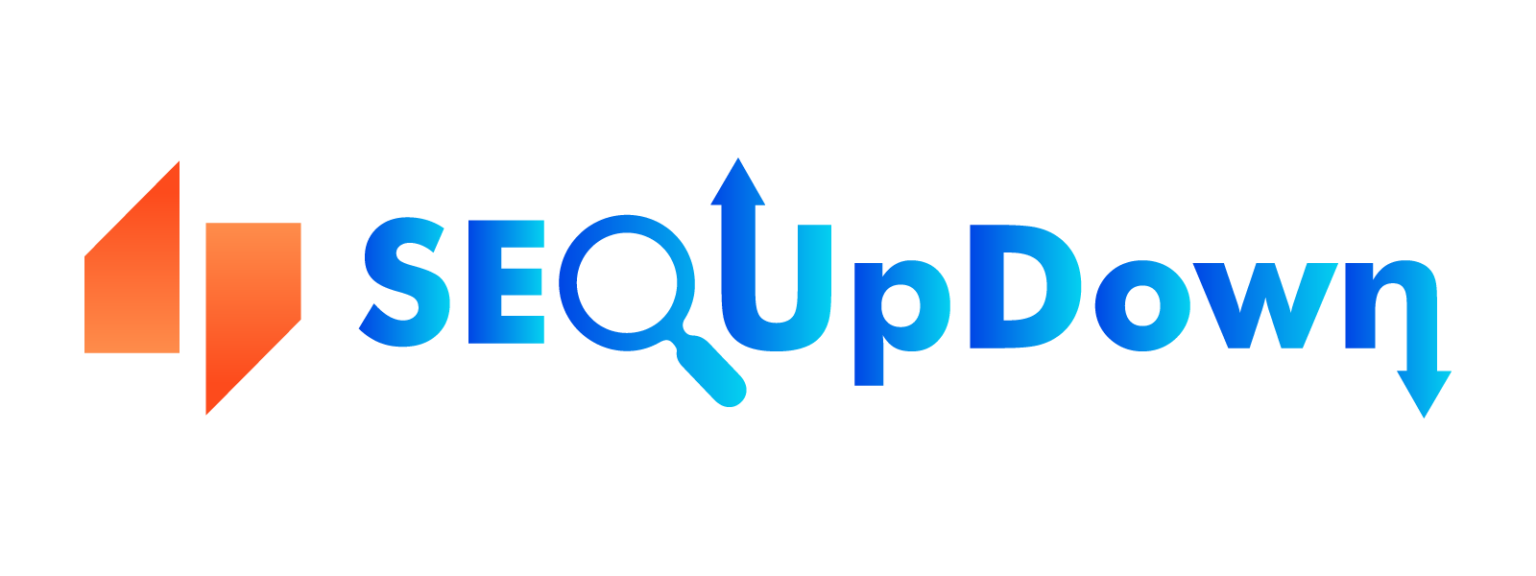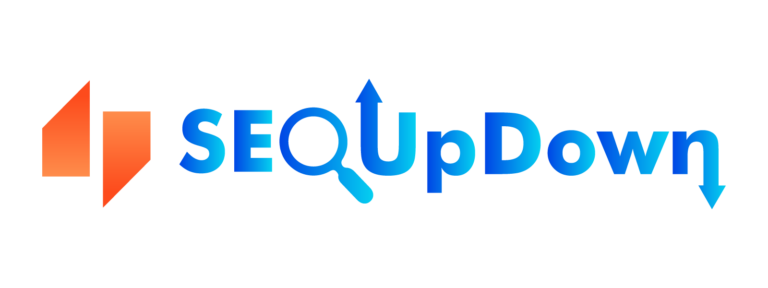
To increase a website’s traffic and position in search engine results pages, search engine optimization (SEO) is a crucial part of digital marketing strategy (SERPs). Using a variety of methods, SEO makes websites more accessible to people using search engines to locate specific information or goods.
Understanding search engines, on-page optimization, off-page optimization, technical SEO, and typical mistakes will all be covered in this article, making it ideal for those new to the field.
Introduction
Definition of SEO
The goal of search engine optimization (SEO) is to increase the visibility of a website in search engine results (SERPs). Increases in conversion rates, leads, and money are all possible outcomes of SEO’s primary objective: growing a site’s organic visitorship.
Importance of SEO
Today, in the Internet Age, it’s not enough to just have a website. The internet is home to millions of websites, thus it is essential to optimize your site for search engines if you want to be seen among them. Search engine optimization (SEO) aids businesses in connecting with their intended market by raising their website’s visibility in organic search results in response to certain keyword queries.
Understanding Search Engines
How search engines work
Many criteria are taken into account by search engines’ complicated algorithms when they crawl and index websites to determine their relevancy and quality. In response to a user’s search query, the search engine will fetch relevant websites from its index and then rank them based on a number of criteria, such as relevancy, authority, and user experience.
Search engine optimization (SEO) is the process of tailoring a website’s content and structure so that search engines will view it as relevant, authoritative, and user-friendly, therefore raising the website’s position in search engine results pages (SERPs).
Importance of search engine algorithms
Algorithms are the formulas used by search engines to rank websites. Search engines are always tweaking their algorithms in an effort to return the most relevant and high-quality results to users.
Website owners who want to increase their site’s exposure in search results need to keep tabs on any updates to search engines’ algorithms and adjust their content and structure accordingly.
Keyword Research
Keyword research is the process of identifying relevant and high-traffic keywords that users look for on search engines. You can boost your website’s ranking in search engine results by using keyword-focused content and code.
Using keyword research tools, researching your competitors’ keywords, and looking at search engine autocomplete recommendations are all methods of conducting keyword research.
On-Page Optimization
Definition of on-page optimization
To boost a page’s visibility and search engine rankings, it must have its different components—including title tags, meta descriptions, header tags, content, and images—optimized.
Factors that Affect On-Page Optimization
Relevancy, quality of content, page structure and organization, keyword usage, presence of internal and external links, and user experience all play a role in on-page SEO.
Title Tag Optimization
The title of a web page is denoted by the content of an HTML element known as the title tag. It is displayed in the top bar of the browser as well as on the pages that result from searches (SERPs). To boost a page’s performance and visibility on search engine results pages (SERPs), title tag optimization entails including keywords that are both relevant to the page and descriptive of the content.
Meta Description Optimization
The meta description is a piece of code in the HTML code that describes the purpose of the page. It’s the text people see in search engine results below the title tag, and it plays a role in whether or not they click through. To optimize your meta description, choose wording that is both informative and engaging.
Heading Tag Optimization
HTML elements known as header tags (H1, H2, H3, etc.) give a web page’s content a hierarchy and improve readability. Including relevant and descriptive keywords in header tags can boost a page’s visibility and position in search engine results pages (SERPs).
Keyword Optimization
The process of optimizing a web page’s content for keywords involves interspersing such keywords, which should be relevant and have a high visitor volume, throughout the text. Those who are looking for information or products linked to those keywords will find that the content of the page optimized for those keywords is relevant to their needs and beneficial to them.
Image Optimization
In order to improve a website’s search engine rankings, its photos should be optimized. This includes making the photos mobile-friendly, utilizing descriptive and relevant file names and alt tags, and compressing the images to reduce page load time.
Off-Page Optimization
Definition of off-page optimization
To improve a website’s visibility and search engine rating, off-page SEO focuses on modifying elements beyond the page itself (SERPs). External variables including link building, social media marketing, and guest posting are the emphasis of off-page SEO, which aims to increase a page’s authority and relevance in search engine results.
Factors that affect off-page optimization
Off-page SEO can be affected by a number of different things, such as the quantity and quality of incoming links, the strength of social signals, and the level of user interaction. To ascertain a page’s credibility and usefulness, search engines look to these extraneous elements.
Link-Building Strategies
Building inbound links from other sites to your own can significantly increase your page’s authority and relevancy, making it a vital part of off-page optimization. Creating high-quality material that other sites will want to connect to, requesting links from related sites, and listing the website in relevant directories are all methods of gaining links to a website.
Social Media Marketing
Using social media to promote a website is known as “social media marketing,” It is becoming common to use sites like Facebook, Twitter, and LinkedIn for this purpose. A website can gain credibility and popularity with the right mix of social media marketing, user involvement, brand mentions, and social signals.
Guest Posting
Guest posting is all about creating high-quality content for other websites (known as “guest blogging”) in exchange for a link back to the author’s site. A website’s authority and relevance can be increased by employing the link development approach of guest posting.
Technical SEO
Definition of Technical SEO
In order to improve a website’s search engine rankings, technical SEO focuses on improving the site’s underlying infrastructure, such as its structure, load time, mobile friendliness, crawlability, and indexability. When a website uses technical SEO, search engines have an easier time analyzing and ranking it.
Importance of Technical SEO
In order to ensure that search engines can crawl, index, and rank a website, technical SEO is crucial. The user experience, page load times, and accessibility of a website can all benefit from technical SEO. In addition to improving the website’s performance and ranking, technical SEO helps find and fix technical issues.
Site Speed Optimization
In order to increase user satisfaction, it is important to reduce the time it takes for pages to load on a website. It’s good for business and user experience if a website loads quickly in search engine results. Methods for accelerating the loading of a website include picture compression, code minification, the use of a content delivery network (CDN), and the fine-tuning of server response times.
Mobile-Friendliness
The term “mobile-friendliness” describes how well a website functions on mobile devices. Sites that are optimized for mobile use are given higher rankings in search results. Web pages that are optimized for mobile use include those that automatically adjust to the device’s screen size, are intuitive to use, and load quickly.
Common SEO Mistakes to Avoid
Keyword Stuffing
Overusing terms on a page is called “keyword stuffing,” and it’s done to trick search engines. The use of keywords is crucial to search engine optimization, but too many at once might result in fines and a drop in search engine rankings. You should sprinkle your keywords wisely and naturally throughout the text.
Duplicate Content
When the same or extremely similar information appears on many websites, it is said to be duplicate content. When search engines crawl a website, they don’t want to get confused by seeing repeated text. Avoid this by filling your website with original, helpful material.
Broken Links
Dead links, also known as broken links, cause frustration for website visitors because they direct them to error pages. Keep an eye out for and fix any broken links on your site on a regular basis to keep users happy and search engines from penalizing you.
Black Hat SEO Techniques
Undercover white hat Search engine optimization strategies are unethical methods of increasing a website’s visibility in search results. Strategies like buying links, cloaking, and keyword stuffing are examples of black hat SEO. The search engine ranking of a website can be significantly damaged by the use of these strategies (which can lead to penalties or even bans from some search engines).
Ignoring Mobile Optimization
The website’s rating may suffer if mobile optimization is ignored because mobile-friendly websites are given higher priority by search engines. Make sure your site is mobile-friendly by making sure it loads quickly and has an intuitive design.
Conclusion
Search engine optimization (SEO) is an ongoing procedure that calls for consistent involvement and diligence. You may boost your website’s visibility and search engine rankings by learning SEO fundamentals, optimizing content, constructing excellent links, and avoiding typical SEO blunders. To keep your website competitive, it is important to keep up with SEO news and best practices.





